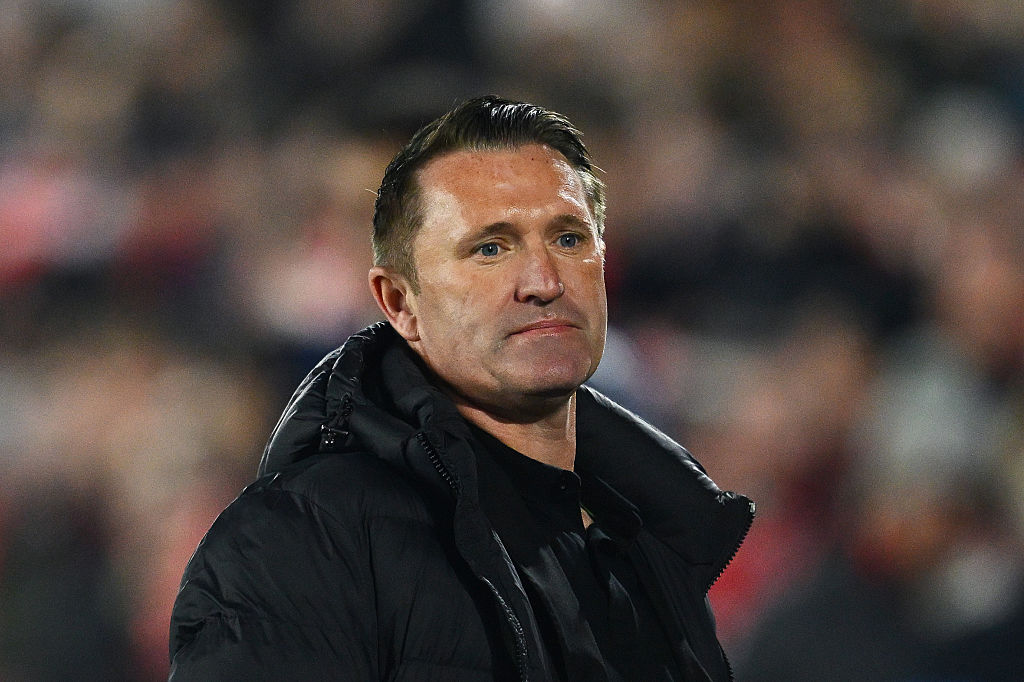The most surprising appointments in Premier League history
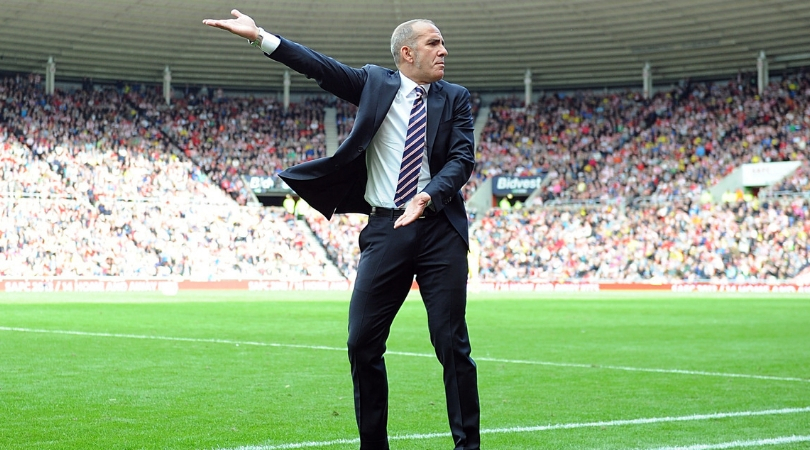
Weird and wonderful
English football hasn’t been short of surprises over the years, particularly in the cases of some wild and wacky managerial appointments. Sometimes desperation can push clubs into making bold, outside-the-box decisions – the kind Leicester will hope to avoid after their sacking of Claude Puel on Sunday.
For every masterstroke like Mauricio Pochettino’s arrival at Southampton, however, there are plenty more that don't go to plan...
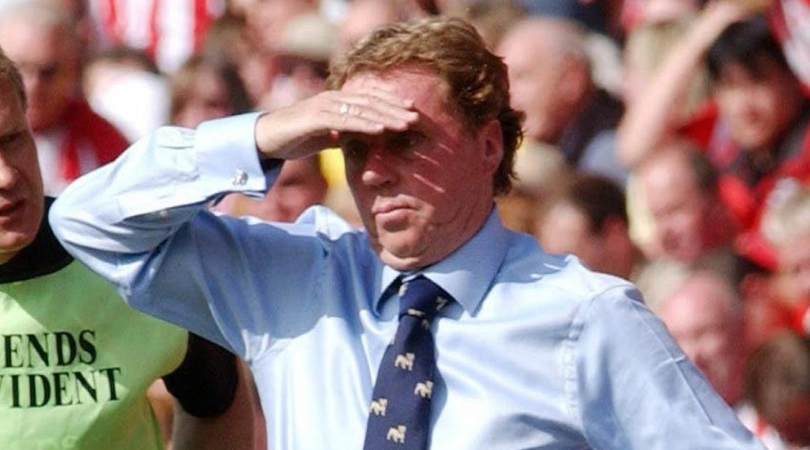
Harry Redknapp - Southampton (2004)
Redknapp sent shockwaves across the south coast when he joined Southampton just weeks after leaving rivals Portsmouth following a fall-out with chairman Milan Mandaric. "I've never been relegated from the Premier League and I don't intend to start now,” he stated confidently.
A 4-1 defeat to Pompey was the lowest point amid some indifferent form, but Saints stayed in the survival hunt until the final day when they needed to beat Manchester United at home. They took the lead, but collapsed to a 2-1 defeat that ended a 27-year stint in the top division.
Redknapp left St. Mary’s early the following season and returned to Portsmouth, which he described as his “spiritual home” to rub salt into Saints wounds.
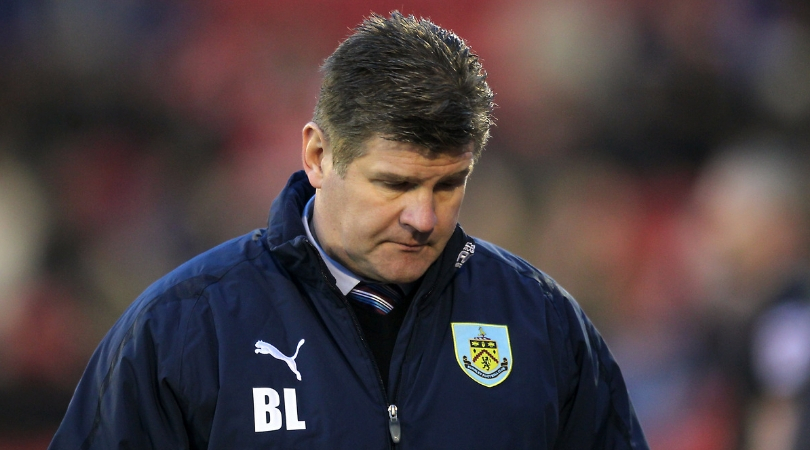
Brian Laws – Burnley (2010)
Laws admitted in the opening line of his first official statement as Burnley boss that fans might be wondering why he'd been given the job.
No wonder. He was stepping in for Owen Coyle, who'd led the Clarets back to the top flight after 33 years away, having been sacked by Sheffield Wednesday just a month before.
Early victories over Everton and Manchester United under Coyle had sparked hopes of survival, but Laws soon quelled the optimism as he led his side to just three more wins all season. The manager was retained for the following season, before eventually being sacked that December to the relief of suffering Clarets fans.
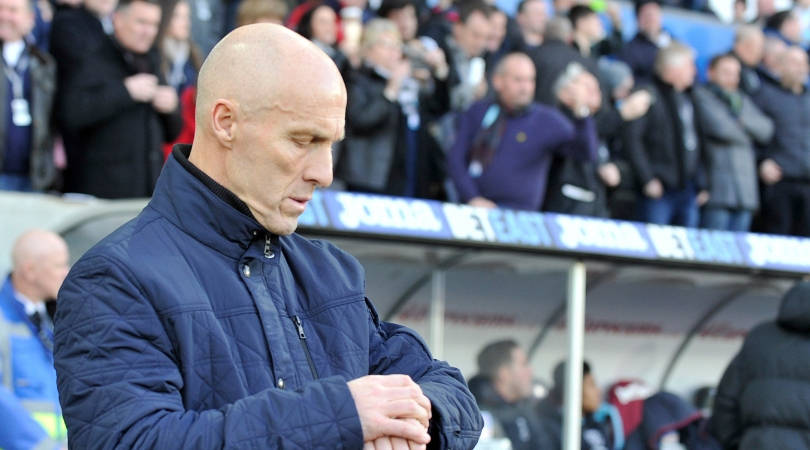
Bob Bradley - Swansea (2016)
An impressive interview led to former USA and Egypt boss Bradley getting the Swansea gig ahead of Ryan Giggs in October 2016, succeeding Francesco Guidolin.
Despite his international pedigree, Bradley’s last club job had come in the French second division with Le Havre, and his tendency to use Americanisms like ‘PK’ for penalty and ‘road games’ for away matches soon made him the butt of jokes.
Constant tactical and personnel changes didn’t help him find the right formula as Swansea picked up just eight points from a possible 33, before a 4-1 Boxing Day loss to West Ham ended his spell in south Wales prematurely.
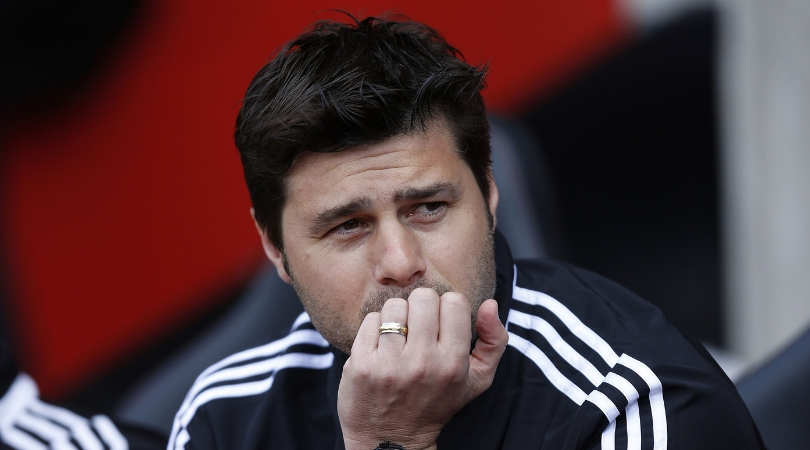
Mauricio Pochettino - Southampton (2013)
Nigel Adkins led Southampton from League One to the Premier League in two years and had the Saints sitting three points clear of the drop zone in January 2013 – so it would be an understatement to say that the club’s decision to replace him came as a shock.
Chairman Nicola Cortese assured fans that they had brought in ex-Espanyol boss Pochettino with “the long-term ambitions of Southampton FC in mind”, but the move was met with fury in some quarters. “What does he know about our game?” former Saints boss Lawrie McMenemeny.
Well, quite a lot as it happened. Poch led Saints to mid-table before achieving an eighth-place finish in his first full season, with their best points total since 1992/93. No wonder Tottenham were keen.
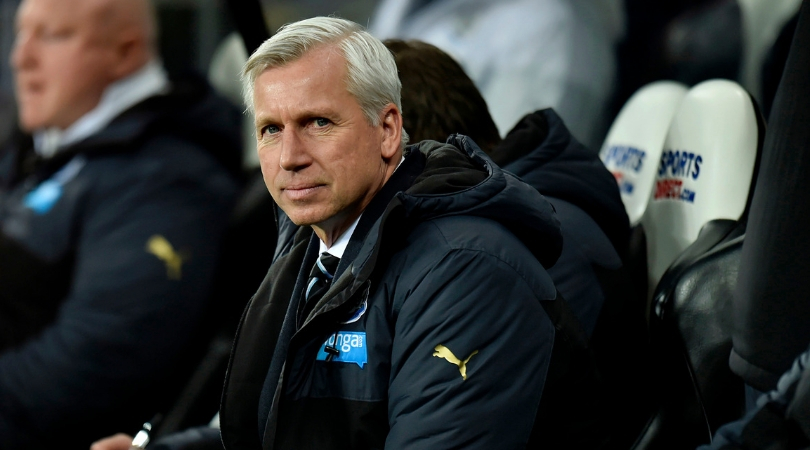
Alan Pardew – Newcastle (2010)
In a baffling chain of events, Newcastle dismissed Chris Hughton – who'd led them back to the top flight – and cited the need for a boss “with more managerial experience”. And so they brought in Pardew, whose last job had been with Southampton... in League One.
Pards was handed a bumper five-and-a-half-year deal, and duly led the Magpies to 12th place – one lower than where Hughton left them – but hauled them to sixth the following season and was named LMA Manager of the Year for his efforts. That, and a spanking new eight-year contract extension for his troubles.
A run to the Europa League semi-finals followed, but few Magpies were shedding tears by the time Pardew left to join Crystal Palace in December 2014.
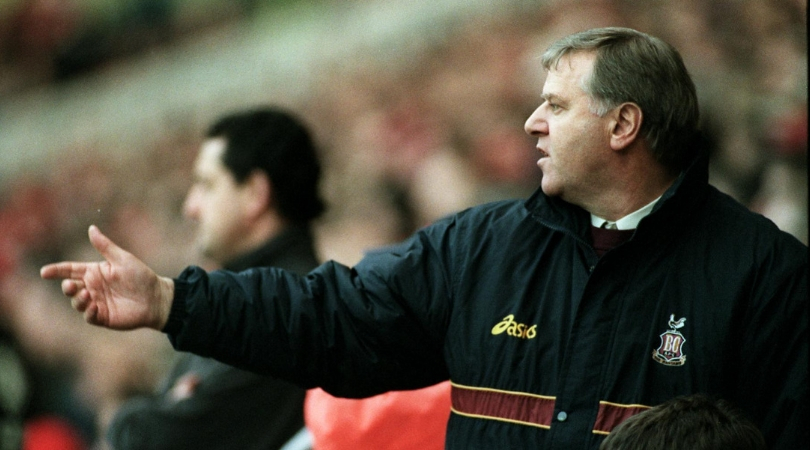
Jim Jefferies – Bradford (2000)
Jefferies’ arrival at Bradford in November 2000 came as something of a surprise, given that the 50-year-old Scot had never managed south of the border before.
His career in Scotland had been respectable and included leading Hearts to Scottish Cup glory in 1998, but he had his work cut out in charge of a side battling relegation, and with limited finances available to revive the team’s flagging fortunes.
Stan Collymore called him “one of the most useless managers I’ve worked under”, and eventually Jefferies headed for the exit after Bradford were relegated and started the following season poorly.
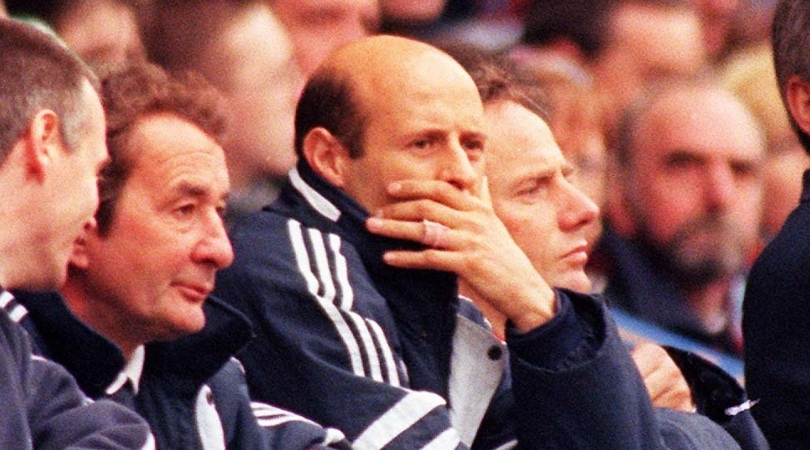
Atilio Lombardo – Crystal Palace (1998)
‘The Bald Eagle’ landed at Selhurst Park in 1997 from Juventus and quickly settled in London, making such a good impression on the pitch that new owner Mark Goldberg thought the Italian deserved a promotion.
Lombardo was hired as player-manager with Palace bottom of the standings, before Tomas Brolin came in to join him as assistant and translator.
The change did spark a victory over Newcastle in the Italian’s second game at the helm, but he couldn’t turn around the club’s fortunes and eventually stood down following their relegation – although he stayed on as a player until joining Lazio the next season.
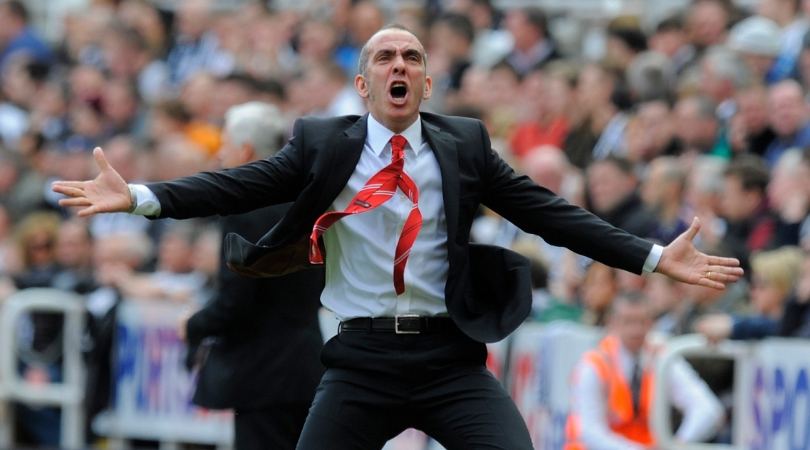
Paolo Di Canio – Sunderland (2013)
The fiery Di Canio was a surprise choice as Martin O’Neill’s successor in March 2013, having only previously managed Swindon in English football.
His personal baggage, including right-wing political leanings, led to club vice chairman David Miliband resigning from his position, but Di Canio soon began to bring some discipline to the club as luxuries like ketchup and mayonnaise were banned.
It worked in the short-term as Sunderland took eight points from their final seven matches to stay up, with Di Canio’s celebrations in the 3-0 derby win over Newcastle providing a particularly memorable moment. However, the manager’s hard-line approach wore on the players and he was sacked after recording just one point from a possible 15 at the start of the following season, lamenting “player power”.
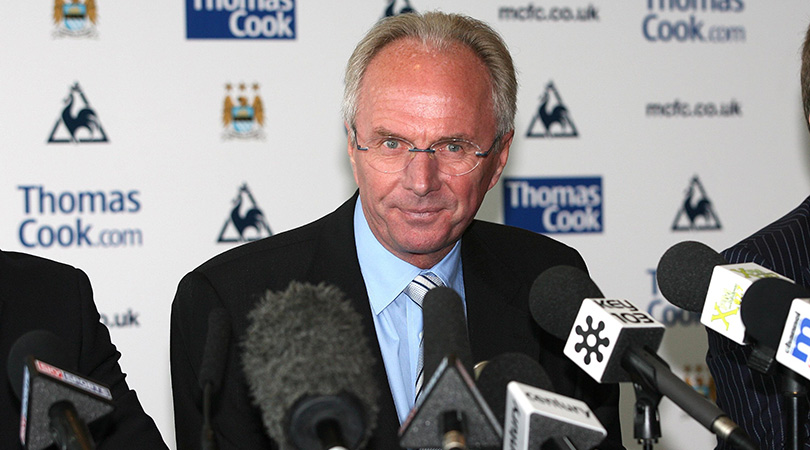
Sven-Goran Eriksson – Manchester City (2007)
Former Thailand Prime Minister Thaksin Shinawatra had one objective in mind when he took control of Manchester City: to make them the biggest club in the world. He brought in ex-England manager Eriksson to help him achieve that feat, handing the Swede £30m to shell out on new players to build a competitive side.
But Manchester City faded after a strong start, despite claiming their first double victory over rivals United in 38 years. An 8-1 loss to Middlesbrough marked the end of Sven’s reign, with the players downing tools as rumours of his sacking picked up. A few weeks later, the speculation became fact.
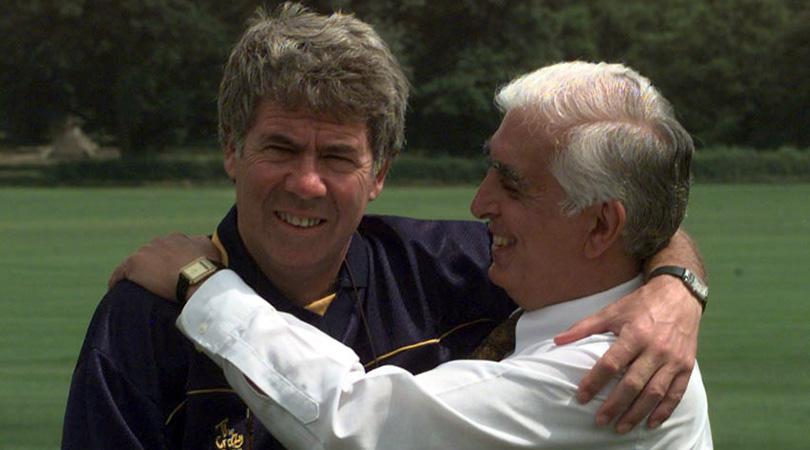
Egil Olsen – Wimbledon (1999)
Not everyone was convinced when Olsen arrived at Wimbledon in 1999. Although he'd done commendable work when taking Norway to back-to-back World Cups in 1994 and 1998, he had never managed a club outside of Scandinavia.
He was soon dubbed the “mad professor” by the (frankly, xenophobic) English press thanks to his technical zonal marking system and long-ball tactics, while he struggled to keep his players’ partying habits under control. After a run in which the Dons secured one point in 11 matches, a loss to Bradford proved to be the final straw as Olsen got the boot. Wimbledon were relegated anyway.
 Join The Club
Join The Club










